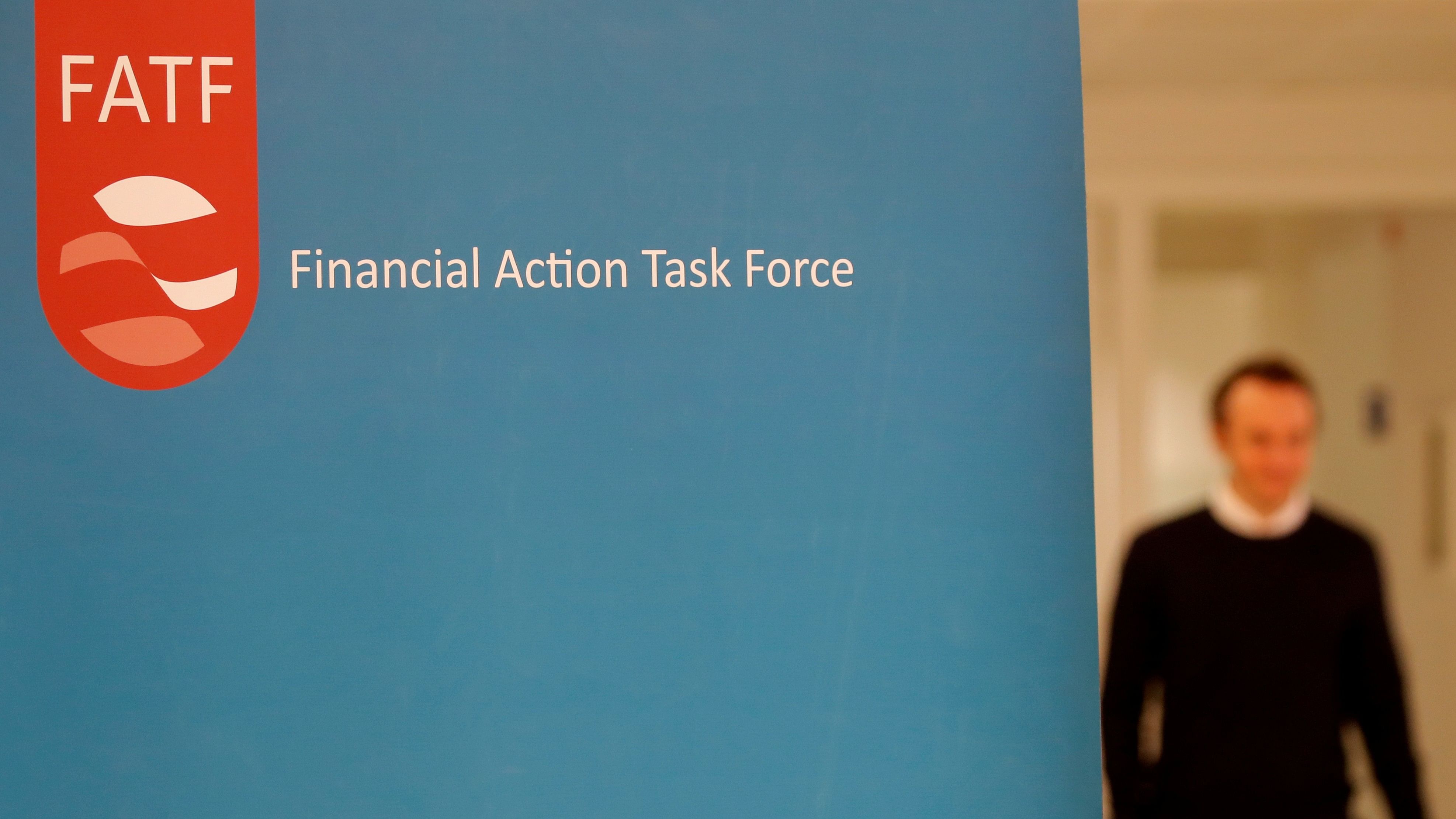
The logo of the FATF (the Financial Action Task Force)
Credit: Reuters Photo
New Delhi: India has been ranked ahead of leading global economies like the United States, Japan, China and Germany in the robustness of policy framework against money laundering and terror financing, as per the upcoming report of the global watchdog Financial Action Task Force (FATF), a Finance Ministry source said.
The report, which is scheduled to be released on September 19, ranks India in ‘regular follow-up’ category. Paris-headquartered FATF categorises countries in four groups namely, ‘regular follow-up’, ‘enhanced follow-up’, ‘grey list’ and ‘black list’.
According to the official, India’s rank was decided in the fourth round of mutual evaluation conducted in 2023. The report related to India’s ranking was adopted in FATF’s June 2024 Plenary, which was conducted in Singapore. The FATF includes 38 countries and 2 regional bodies – European Commission and Gulf Cooperation Council (GCC).
The FATF ranking is based on 40 parameters including anti-money laundering, terror financing policies and coordination, financing of proliferation, transparency and beneficial ownership of legal entities, power and responsibilities of competent authorities and other institutional measures and international cooperation. Out of the 40 parameters, India received high ratings in 37 in the peer review, the source said.
Meanwhile, some of the biggest economies like the United States, Japan, China, Canada and Germany are placed in the ‘enhanced follow-up’ category. This means that their frameworks against money laundering and terror financing are less robust than India’s.
The rankings will benefit India in multiple ways, by improving its credibility and reputation as a financially stable and secure nation, making it more attractive for investments. It will also help in increasing India’s access to the international markets and lower borrowing costs.
“A good rating can lead to increased access to international trade by increasing the trust of India’s trade finance instruments,” the official said on the condition of anonymity.
The source said in the upcoming meetings India will press for higher transparency in reporting of suspicious transactions. A key demand in this regard is sharing of credit card related transactions. “The data on the transactions should be made available to the enforcement agencies on a real-time basis when required,” the person said.
While India has reached a high level of technical compliance with the FATF requirements, improvements are needed to strengthen the supervision and implementation of preventive measures in some of the non-financial sectors, the source said. Delay in concluding prosecutions
is another area where India need improvements.